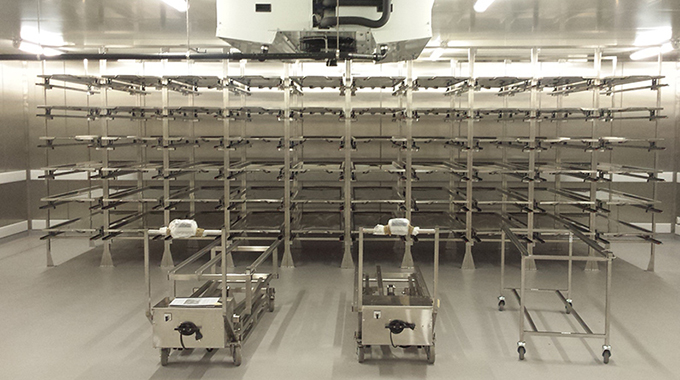Source: Mortuary headache for Chikombedzi | The Herald February 12, 2020

From George Maponga recently in Chikombedzi
Communities in Mpapa communal lands and surrounding areas in the Limpopo Valley have to arrange hurried funerals as the mortuary at Chikombedzi Mission Hospital has not been working for the past two years.
The mission hospital, which opened its doors in 1947 and is run by the Free Methodist Church, serves as the sole referral health institution in the area and desperately needs a new mortuary.
Bereaved families are now being forced to conduct burials hurriedly or to transport the bodies to Chiredzi District Hospital morgue, about 150 kilometres away, over a very poor road.
The mortuary at the hospital, which serves over 50 000 people in the Limpopo Valley and more than 20 clinics there, is in a state of disrepair.
Many people in the Limpopo Valley work across the border in South Africa and the absence of a morgue at Chikombedzi means that many cannot attend the hasty funerals of their loved ones.
Chiredzi South National Assembly Member Brigadier-General Kallisto Gwanetsa (Retired) said the absence of a morgue at Chikombedzi was worrying.
“The area between Runde and Mwenezi Rivers has more than 20 clinics that are all feed into Chikombedzi District Hospital, but the health institution does not have a mortuary as we speak. The one that used to be there broke down two years ago and since it has been a real nightmare for those who lose their relatives,” he said.
“There is need for a new mortuary because the one that used to be there is beyond repair. We appeal to Government and its partners to intervene as a matter of urgency because it is a real challenge to lose a relative at Chikombedzi Hospital.”
Brig-Gen Gwanetsa (Rtd) said the low-level bridge across Runde River, which links Chiredzi Town and the Limpopo Valley made the situation worse.
He said besides the broken-down mortuary, Chikombedzi Hospital is affected by power cuts creating the need to install a solar system at the health institution. This would enable an X-ray machine donated by the Japanese Embassy to the health institution to start benefiting locals.
Water was also a serious challenge at the hospital with boreholes drying up due to depletion of the water table owing to worsening arid conditions. Plans were afoot to tap water from the Mwenezi River aquifer which required a dedicated power line.
COMMENTS